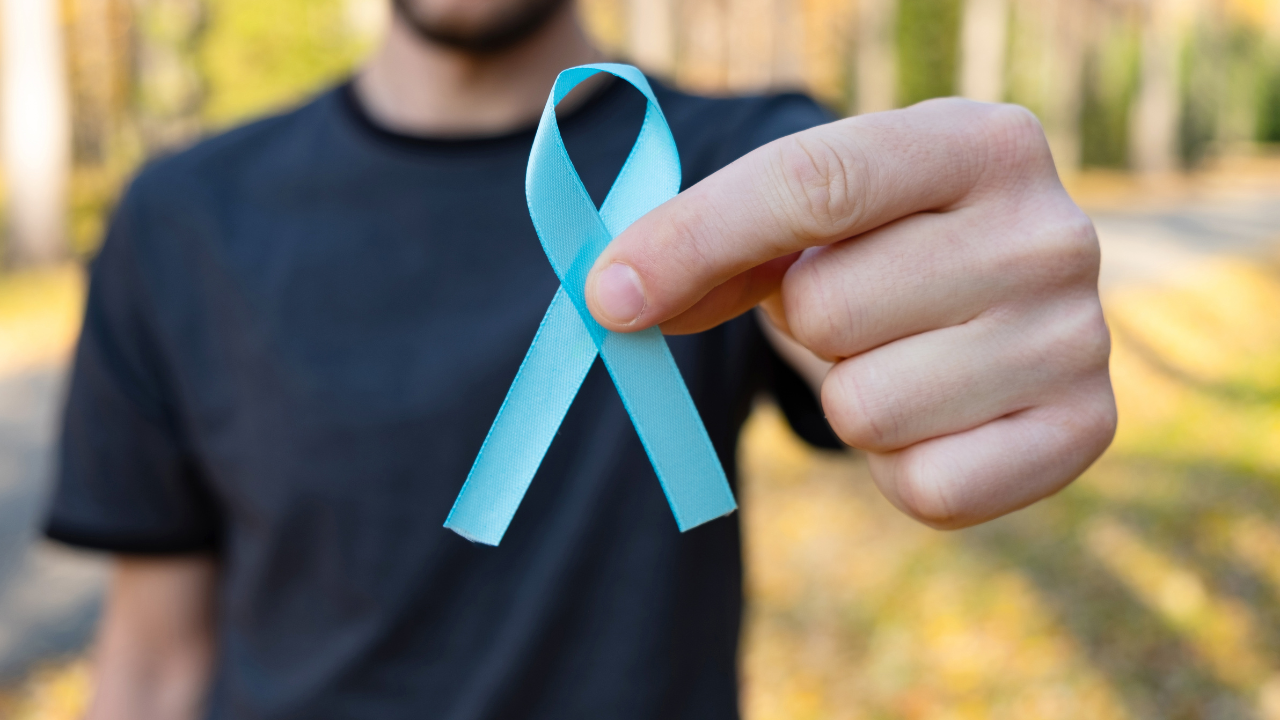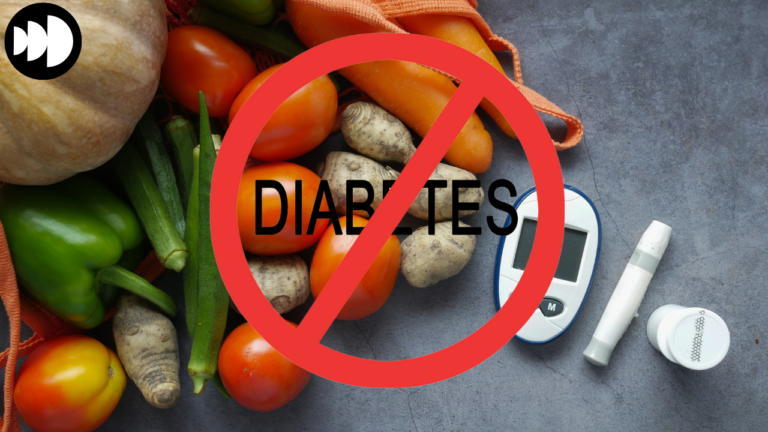
How to prevent prostate cancer
Imagine the following scene: a Sunday barbecue, friends gathered, laughter echoing through the air. In the midst of the conversation, a topic emerges that sometimes hangs like a silent shadow among men: prostate health.
Whether due to fear, lack of information, or pure taboo, the subject is often avoided. But the truth is that talking about it is an act of courage and, above all, an investment in your quality of life.
This article is an invitation to a frank and direct conversation about prostate cancer, a disease that affects thousands of men in Brazil and around the world.
Our goal is to demystify the subject, provide relevant information, and, mainly, present effective prevention strategies. After all, the best way to combat any disease is to know it and prevent it.
What is the Prostate and Why is it So Important?
The prostate is a gland of the male reproductive system, about the size of a walnut, located below the bladder and in front of the rectum. Its main function is to produce prostatic fluid, one of the components of semen.
Over the years, it is natural for the prostate to undergo changes, such as an increase in its size (benign prostatic hyperplasia), a common and usually non-cancerous condition. However, it is crucial to be aware, as the prostate can also be affected by cancer, a malignant tumor that, if diagnosed early, has a high chance of cure.
Understanding Prostate Cancer
Prostate cancer is the second most common type of cancer among men in Brazil, second only to non-melanoma skin cancer. According to the National Cancer Institute (INCA), an alarming number of new cases are estimated each year.
What makes this disease even more challenging is the fact that, in its initial stages, it is asymptomatic. That is, a man can have cancer and not present any apparent symptoms.
Who Should Pay More Attention?
Some factors can increase the risk of developing prostate cancer:
- Age: The risk increases significantly after age 50.
- Family History: Men with a father or brother who had prostate cancer before age 60 are more likely to develop the disease.
- Ethnicity: Black men have a higher incidence of the disease.
- Obesity and Overweight: Recent studies show a link between excess weight and an increased risk of prostate cancer.
Adopting a Healthy Lifestyle
The good news is that it is possible to adopt preventive measures that can significantly reduce the risk of developing prostate cancer. The key is a healthy lifestyle:
- Balanced Diet: A diet rich in fruits, vegetables, whole grains, and foods with lycopene (such as tomatoes) and omega-3 (present in fish such as salmon and sardines) can be a great ally. Avoid excessive consumption of red meat and processed foods.
- Regular Physical Activity: Regular exercise contributes to maintaining a healthy weight, strengthens the immune system, and reduces the risk of various diseases, including prostate cancer.
- Adequate Body Weight: Maintaining weight within the ideal range is essential for general health and also for the prevention of prostate cancer.
- No Smoking and Alcohol Moderation: Smoking and excessive alcohol consumption are risk factors for various diseases, including cancer.
An Act of Care and Self-Love
In addition to healthy habits, regular preventive exams are crucial for the early diagnosis of prostate cancer. The main exams are:
- Digital Rectal Exam: A quick and painless exam that allows the doctor to assess the size, shape, and texture of the prostate.
- PSA (Prostate-Specific Antigen): A blood test that measures the levels of PSA, a protein produced by the prostate. Elevated PSA levels may indicate changes in the prostate, including cancer.
The frequency and age to start exams should be defined together with your doctor, taking into account your family history and other risk factors.
The Importance of Information and Dialogue
One of the biggest obstacles in prostate cancer prevention is the taboo surrounding the subject. Many men feel ashamed or afraid to talk about prostate health, which ends up delaying diagnosis and treatment. It is essential to break this cycle by promoting open dialogue and the dissemination of reliable information.
The Story of Mr. João
Mr. João has always been an active man, full of life. At the age of 60, however, he began to feel some discomfort when urinating. At first, he ignored the symptoms, thinking it was something temporary. But, encouraged by his wife, he decided to see a doctor.
After the tests, the diagnosis came: prostate cancer. Thanks to early detection, Mr. João was able to start treatment and today, years later, continues to lead a normal and healthy life. Mr. João’s story shows us the importance of prevention and early diagnosis.
Taking Care of the Prostate is Taking Care of Your Life
Prostate cancer prevention is an act of responsibility and care for your health. Adopting a healthy lifestyle, having regular preventive exams, and breaking the taboo surrounding the subject are essential steps to ensure a long and full life. Remember: information is your greatest ally on this journey.
- Share this article with your friends and family.
- Schedule an appointment with your urologist.
- Leave a comment below with your questions and experiences.
- Follow our blog for more information on men’s health.


